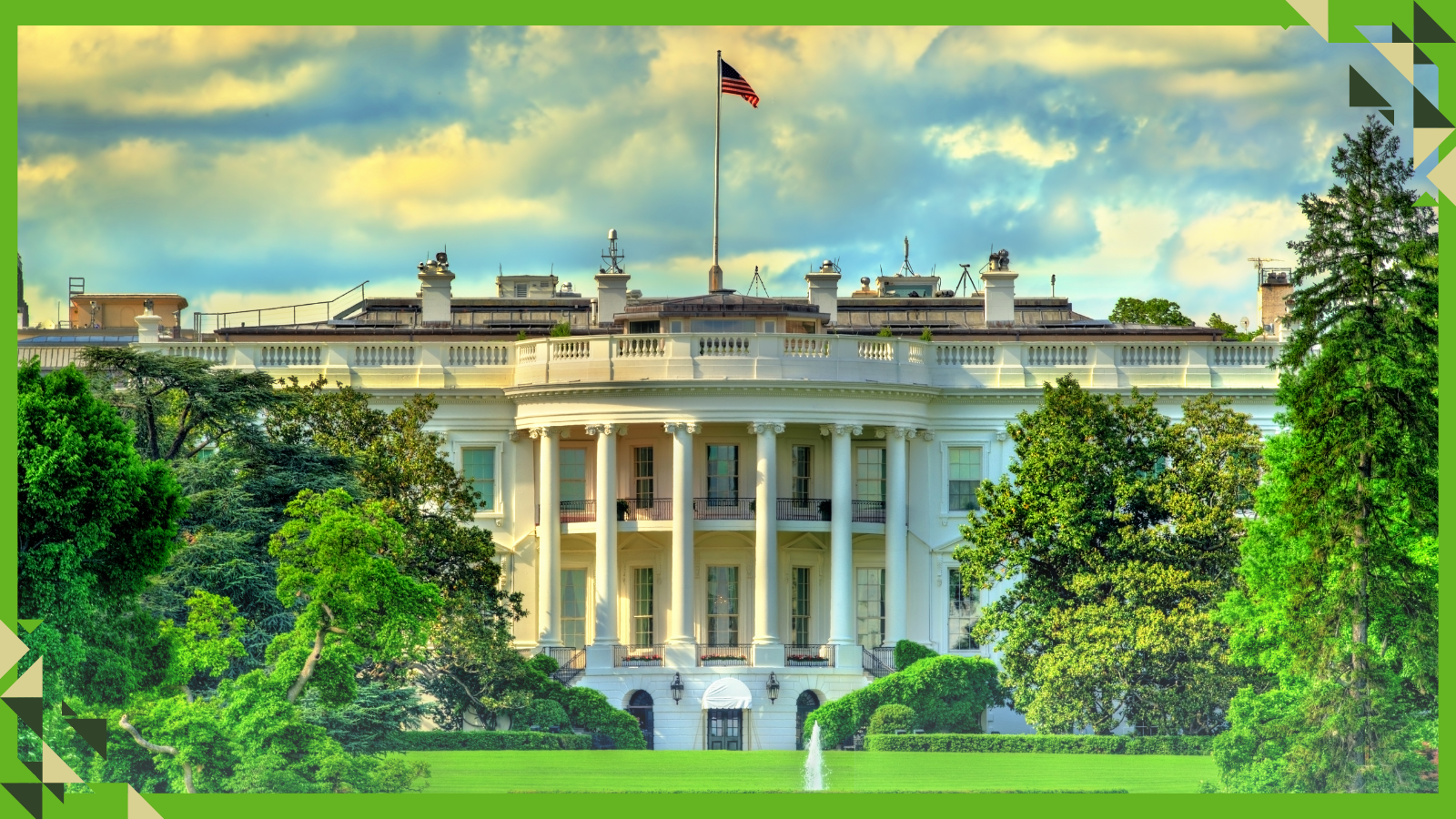Written by: Kimberly White
The United States will provide $1 billion to the United Nations’ Green Climate Fund.
President Joe Biden announced that the U.S. would resume its contributions to the UN’s flagship climate fund following a six-year hiatus with a new allocation of $1 billion to support climate-vulnerable developing countries.
Despite contributing the least to the climate emergency, developing countries are among the most vulnerable to the adverse impacts of climate change. As warming intensifies, developing countries are disproportionately bearing the burden of climate disruption and have fewer resources to recover from rapidly intensifying climate-induced disasters such as heat waves, floods, and droughts.
“As large economies and large emitters, we must step up and support [developing] economies. So today, I’m pleased to announce the United States is going to provide $1 billion to the Green Climate Fund, a fund that is critical in ways to help developing nations that they can’t do now,” stated President Biden.
President Biden made the commitment during a virtual meeting of the Major Economies Forum on Energy and Climate. The U.S. President urged his fellow world leaders to scale up ambition in emissions reduction goals to limit global warming to 1.5°C.
The Major Economies Forum on Energy and Climate comprises over 20 high-emitting countries that collectively represent roughly 80 percent of global greenhouse gas emissions. The United States is the world’s second-largest emitter of greenhouse gas emissions and, historically, emitted more carbon dioxide than any other country, responsible for more than a quarter of all carbon dioxide emitted since the 1750s.
“We have to step up our ambitions. We’re going to have to stand together to meet great challenges. And we’re going to — we will preserve our planet in the future,” said Biden to his counterparts.
“History is going to judge us on how we answer these questions…I hope we all answer them loudly and clearly as a ‘yes,'” continued Biden. “Yes, we’re committed to following the science. Yes, we are determined to strengthen our ambition and our actions. And, yes, we’re willing to do the hard work to limit global warming to 1.5°C.”
Providing climate financing for the most vulnerable countries
Established in 2010 by the United Nations Framework Convention on Climate Change, the Green Climate Fund aims to expand action on climate change by mobilizing funding at scale to foster a paradigm shift towards low-emission, climate-resilient development in developing countries.
The Green Climate Fund is the world’s largest fund dedicated to climate action. To date, the GCF has approved $12 billion in funding for 216 projects in 129 developing countries. These projects are anticipated to reduce 2.5 billion tonnes of carbon dioxide, equivalent to the annual emissions of 669 power plants, and increase the climate resilience of an estimated 912 million people.
The United States’ new funding allocation and renewed commitment to the GCF provide vital support to developing countries on the frontlines of the climate crisis and sends a signal to other nations to increase their investments in the UN’s climate fund.
“GCF welcomes President Biden’s announcement of a significant contribution from the United States. This money will provide urgently needed climate finance for the most vulnerable countries in the world,” said Henry Gonzalez, Executive Director ad interim of the Green Climate Fund. “The $1 billion will increase the resilience of populations in Least Developed Countries, protect Small Island Developing States threatened by climate change, and support the transition to low-emission, climate-resilient development around the world.”
U.S. history with the Green Climate Fund
The $1 billion commitment marks the first time the U.S. has pledged funding to the GCF since 2017. Under the Obama Administration, the United States played a key role in the design of the Green Climate Fund and initially pledged $3 billion to the fund. Between 2016 and 2017, the U.S. paid $1 billion of this pledge prior to the Obama Administration’s departure from office.
The following U.S. Administration failed to see the commitment through and controversially withdrew the nation from the Paris Climate Agreement. European governments stepped up their contributions to fill the finance gap during the United States’ six-year GCF funding hiatus.
President Biden’s commitment brings total U.S. contributions to the GCF to $2 billion.
The Green Climate Fund will be hosting a pledging conference in October 2023, where the U.S. will have the opportunity to fulfill the remaining funding pledge.
“Having sat out the 2019 replenishment, it is critical that the U.S. come with an ambitious pledge and a credible pathway to delivering it,” explain the NRDC’s Joe Thwaites and Brendan Guy. “The U.S. is co-chairing the GCF Board this year, and other countries are looking to them closely to calibrate the ambition of their own pledges. If America wants to bolster its global climate credibility and encourage new donors to come forward, it must continue to invest in the GCF.”







